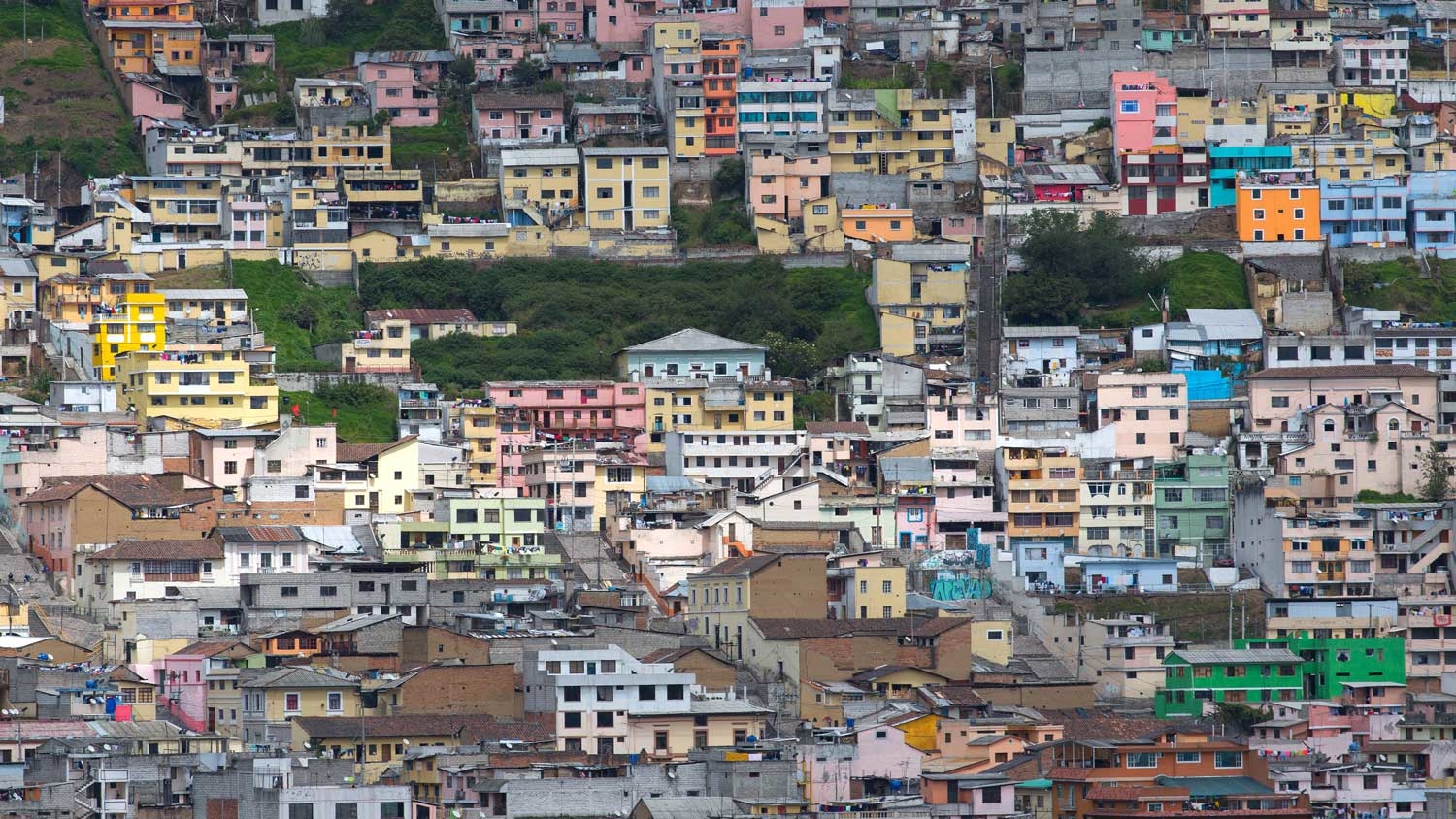[dropcap style=’box’]W[/dropcap]e are just past the halfway point of our six weeks in Ecuador and it has been remarkably good. I wish I could say I am now fluent in Spanish but I am still regularly making the most ridiculous comments. Yesterday I was trying to encourage an Ecuadorian pastor and his wife to eat the healthier brown rice instead of the Ecuadorian standard white by saying “mucho gusto.” I was trying to say that I really liked the brown, but ended up saying that I was “pleased to meet them.” So they remained unconvinced, but laughed a lot at least.
Summit Adventure has a College Semester Program, which takes place in California and Ecuador. During the Ecuador portion of the semester, students spend time doing service, high-altitude mountaineering, and cultural immersion. Summit’s Executive Director, Tom Smith, wrote this account of the Ecuador service component of the program from the halfway point of the semester.
We were at church at Remanso de Amor yesterday and I had a profound experience among some of the poorest people in Ecuador. The basket was being passed around and I dropped a $20 bill in at about the same time two Ecuadorians put in a couple of coins. I knew that because I could hear the coins clanking together in the basket. I was immediately reminded in no uncertain terms that Jesus once taught us the difference between giving from our surplus versus giving till it hurts.
Later, as we drove through one of the poorest neighborhoods I have ever seen, with only the very beginnings of running water, sewers, electricity, and paved roads, I was once again impressed with how much those few coins likely meant to the ones who dropped them in compared to how little my $20 really cost me.
I was immediately reminded in no uncertain terms that Jesus once taught us the difference between giving from our surplus versus giving till it hurts.
The students in our College Semester Program are beginning their second home stay with families of Remanso de Amor, our long-standing ministry partners in child development efforts in the poverty-ridden neighborhood referred to above called Argelia Alta. Ramiro and his wife Jenny, the Remanso pastors I mentioned in the brown rice story, used their personal money to pay teachers at the school they started 15 years ago. Many people connected to Summit Adventure were crucial in the completion of the third floor of the school that now helps over 60 students a year graduate and move on to a life of hope and Christ’s love.
Both Ramiro and Jenny were emphatic when I asked them if we helped or hindered their work. “YES, YOU DO HELP,” they answered. From taking the older kids hiking on Rucu Pinchincha, to teaching English, to playing with the kids, to manual labor around Remanso, our regular support of their work is greatly appreciated (and Ramiro was clear that this was not always the case with other groups that came to “help”).
The other side is that our partnership with Remanso likely helps us and our students just as much if not more than we help Remanso.

